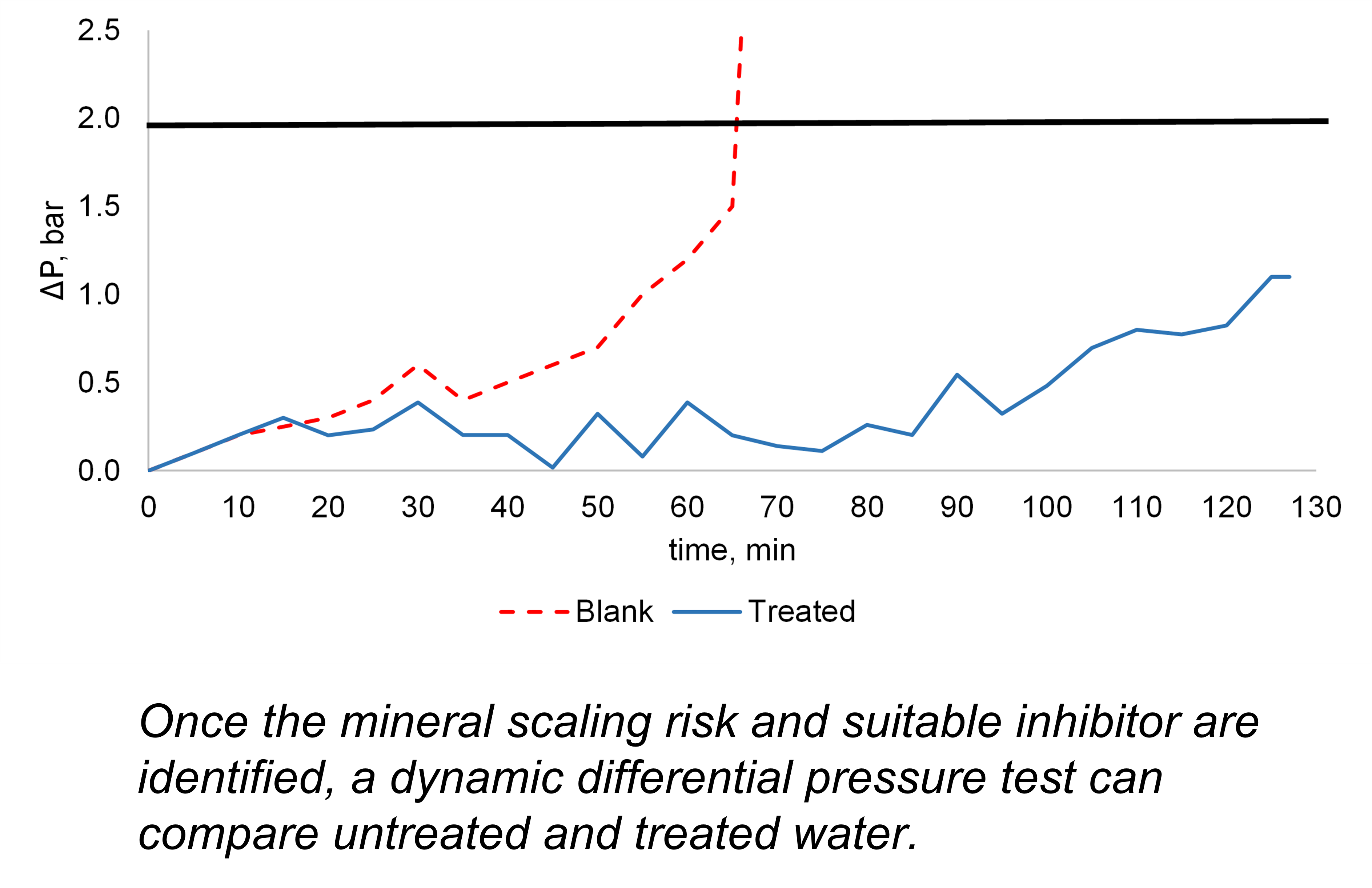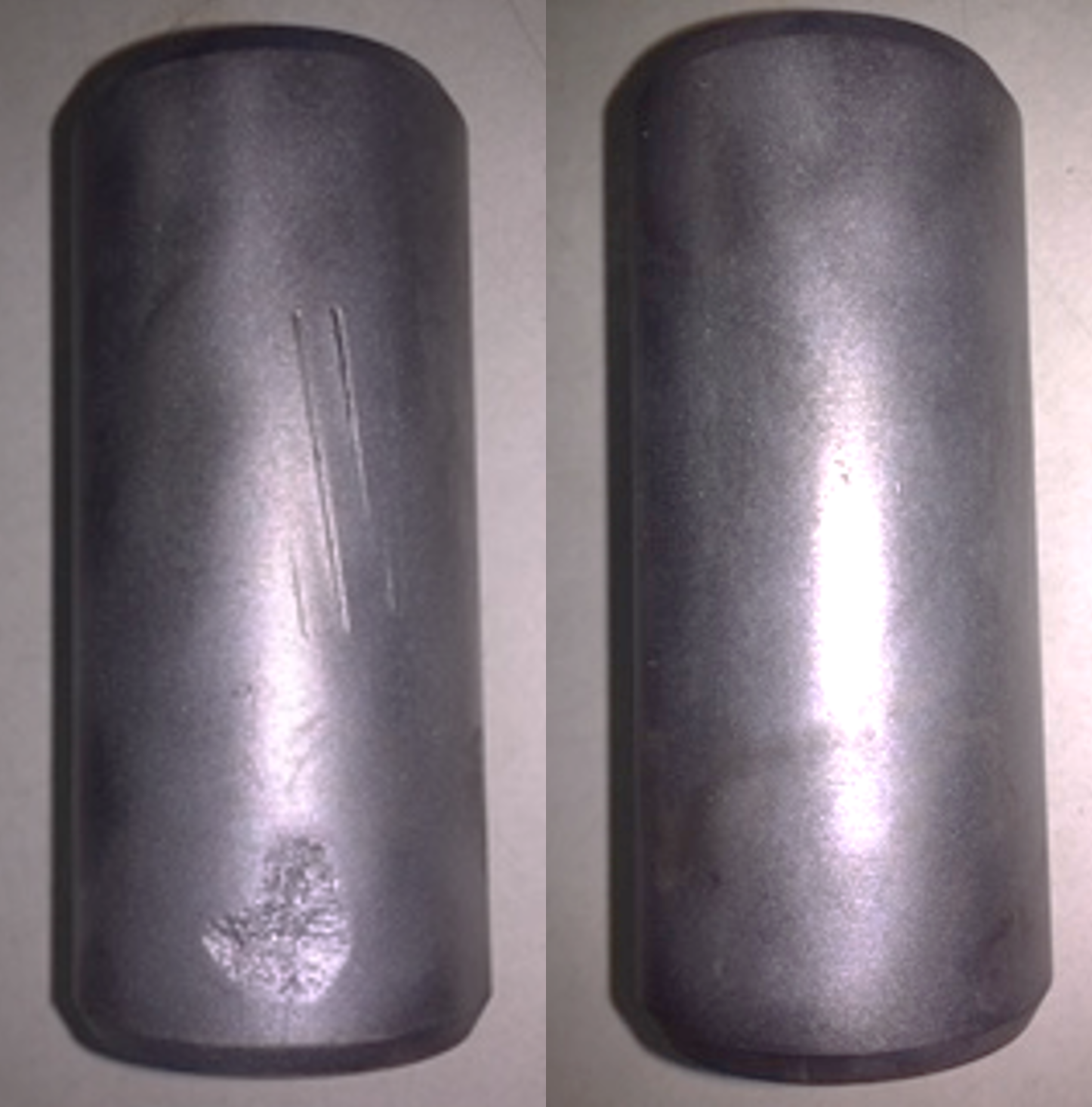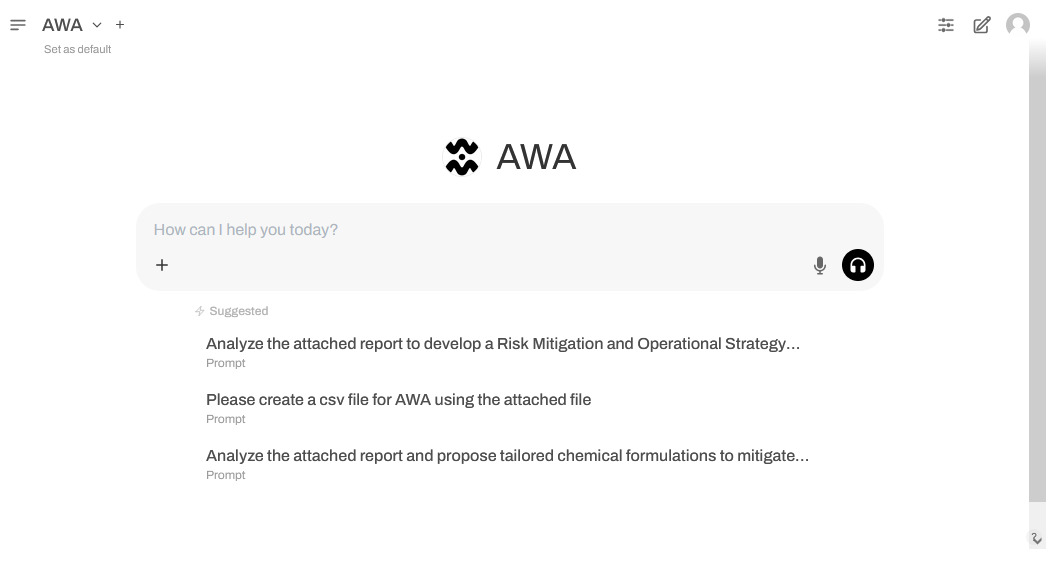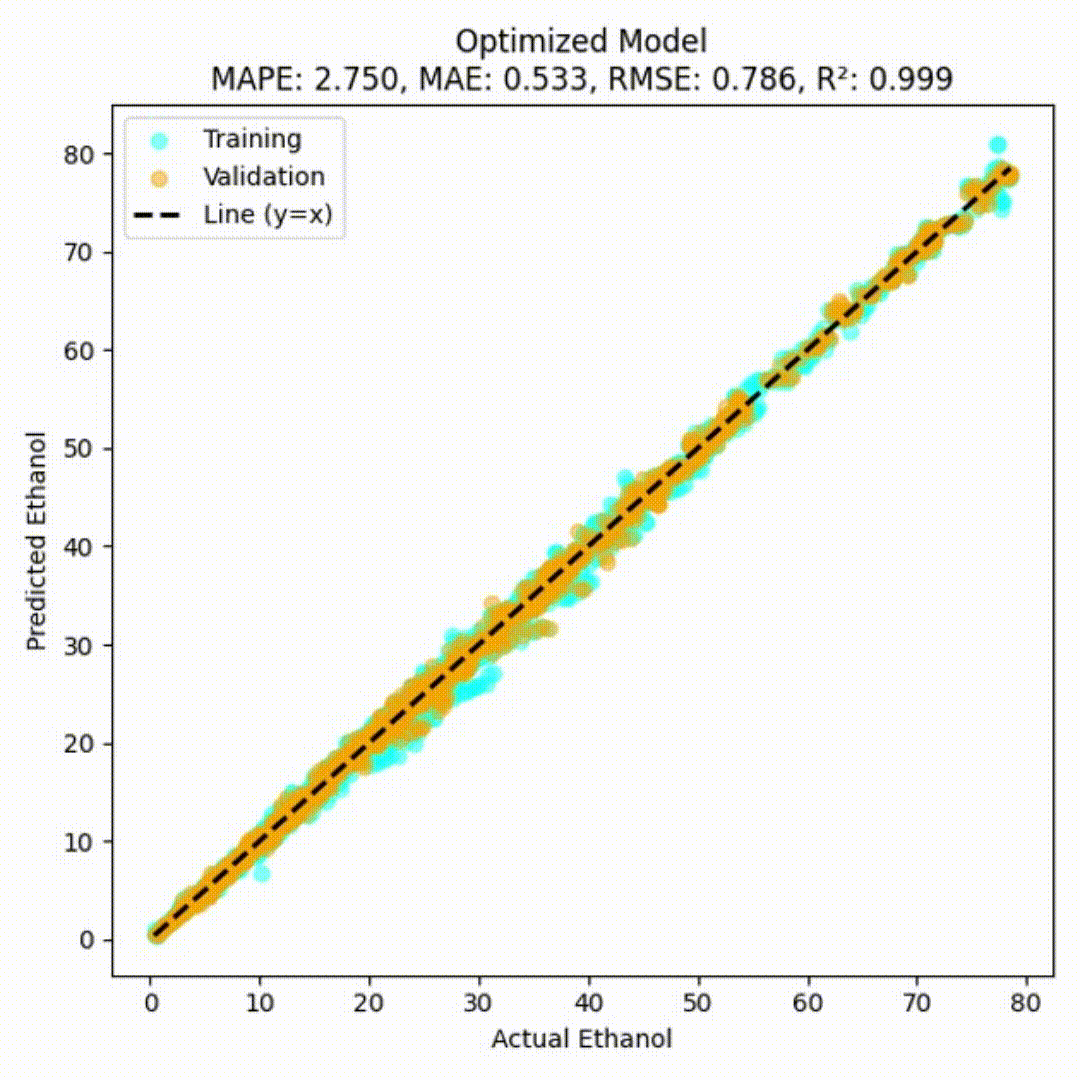6. Custom Regression Model
Custom regression is a statistical method used to model the relationship
between a dependent variable and one or more independent variables. It
helps estimate the relationships between variables and predict the
dependent variable. The tool will create a mathematical model based on
the historical data and the model is stored in the user dashboard to be
reused at any time to make predictions. An example is the use of historical
data for the production of ethanol to predict ethanol production at different
conditions.






